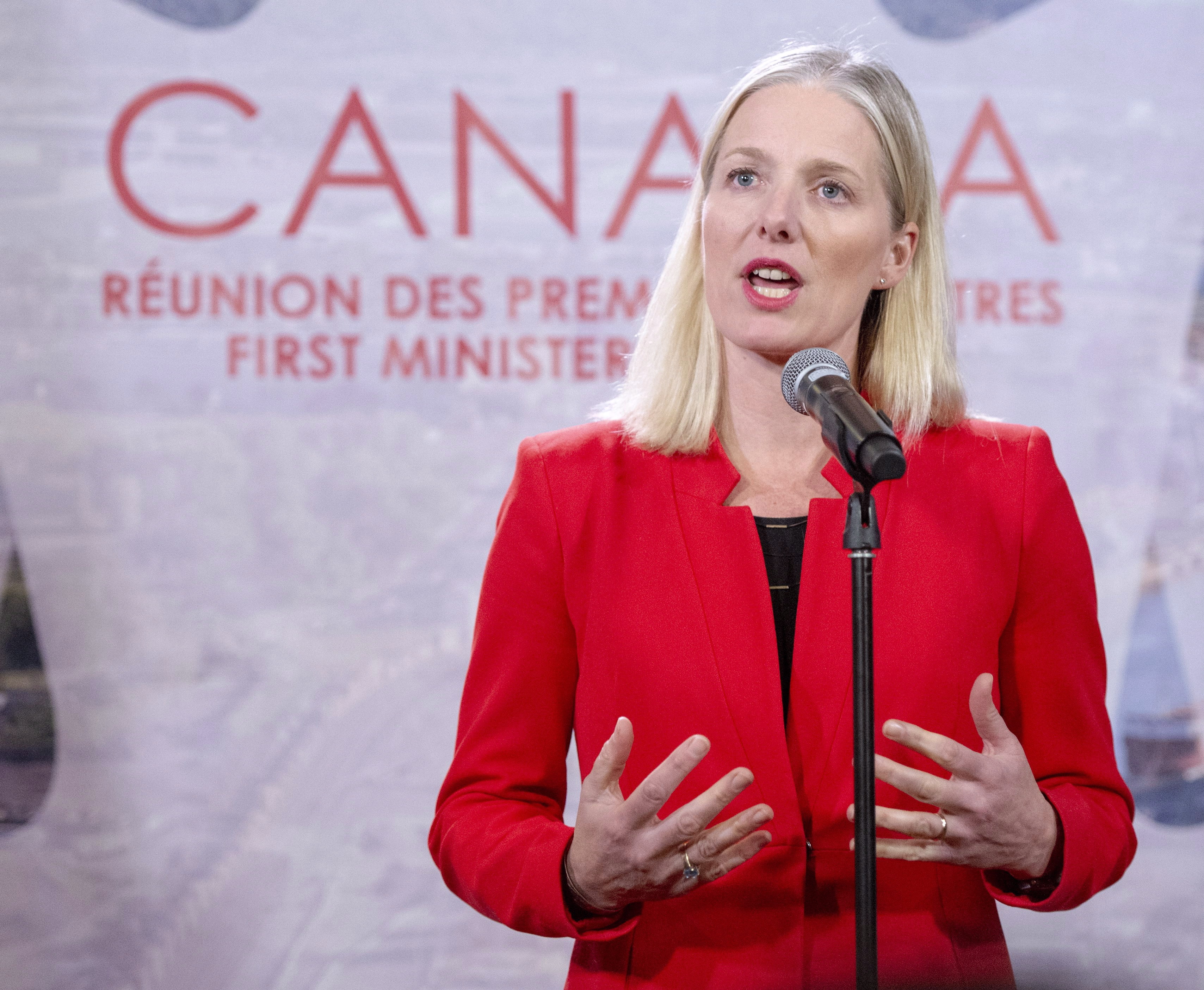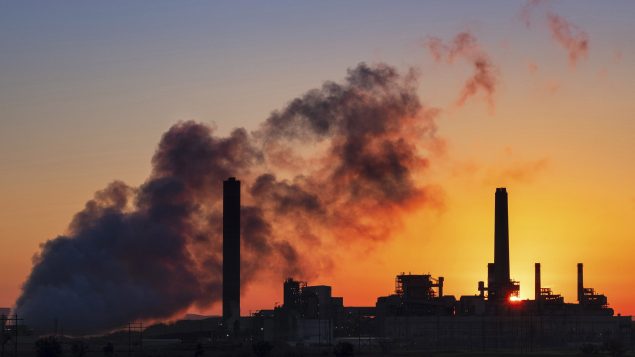At the UN climate change talks in Poland, Canada and the United Kingdom are lobbying to reduce the world’s dependency on coal for generating electricity. “Coal is the dirtiest of all the fossil fuels by far,” says Warren Mabee, director of the Institute for Energy and Environmental Policy at Queen’s University. “It has the most CO2 generated per unit of energy that’s put out. It generates carcinogens and particulate matter that have very, very significant human health impacts.”
Canada and the U.K. are trying to increase support for the “Powering Past Coal Alliance” which they created in October 2017. There are 28 member countries plus many provinces, states and corporations seeking to phase out coal for generating power. There are many countries resisting the effort including the United States, Germany, Russia and Australia which has just declared its position.

U.S. President Donald Trump has moved to dismantle previous efforts to rein in coal, oil and gas emissions. (Andrew Harnik/AP Photos/Nov. 26, 2018)
Good jobs, low cost are a hindrance
The biggest problem is that coal-generated power provides good jobs, and in countries where there is no regulation, it is cheap. This makes it particularly attractive for developing countries where its use is increasing.
Coal-generated power is decreasing in developed countries but not quickly enough, according to the alliance. It holds they should phase out coal-burning plants by 2030 and the whole world should do so by 2050.
There is the argument that new technologies can make coal burning cleaner, but Mabee says most utilities have decided the cost of installing them is too expensive.

Canada’s Environment Minister Catherine McKenna with her U.K. counterpart are spearheading efforts to get countries to phase out coal-fired energy plants. (Ryan Remiorz/The Canadian Press/file
UN says closing man coal-fired plants is imperative
The United Nations’ Intergovernmental Panel on Climate Change has warned that the world must curb greenhouse gas emissions significantly over the next decade to avert grave impacts of climate change. It says 60 per cent of existing coal plants must be closed by 2030. Canada plans to meet that goal and the province of Ontario has already closed all of it’s coal plants. The U.K. will close its last plant in 2025.
Developed countries will need more pressure to comply and Mabee says developing countries would more likely respond to arguments about health.
“I think the big argument that’s going to get them there is going to be a focus on the negative impacts that…(burning coal) has on their populations right now, rather than the more esoteric, broad climate change impacts. It’s the human health impacts that are going to win this argument for us.”

Beijing is among the places periodically blanketed by heavy smog caused in part by burning coal. (Andy Wong/AP Photo/Nov. 14, 2018)
Canada and the U.K. sponsored a coal-free day” during this second week of climate talks in Katowice, Poland. Ironically, the city is the heart of Poland’s coal industry and coal companies are the main sponsors of the current COP24 talks.

Warren Mabee explains Canada’s efforts to get countries to stop burning coal for energy.
Listen






For reasons beyond our control, and for an undetermined period of time, our comment section is now closed. However, our social networks remain open to your contributions.